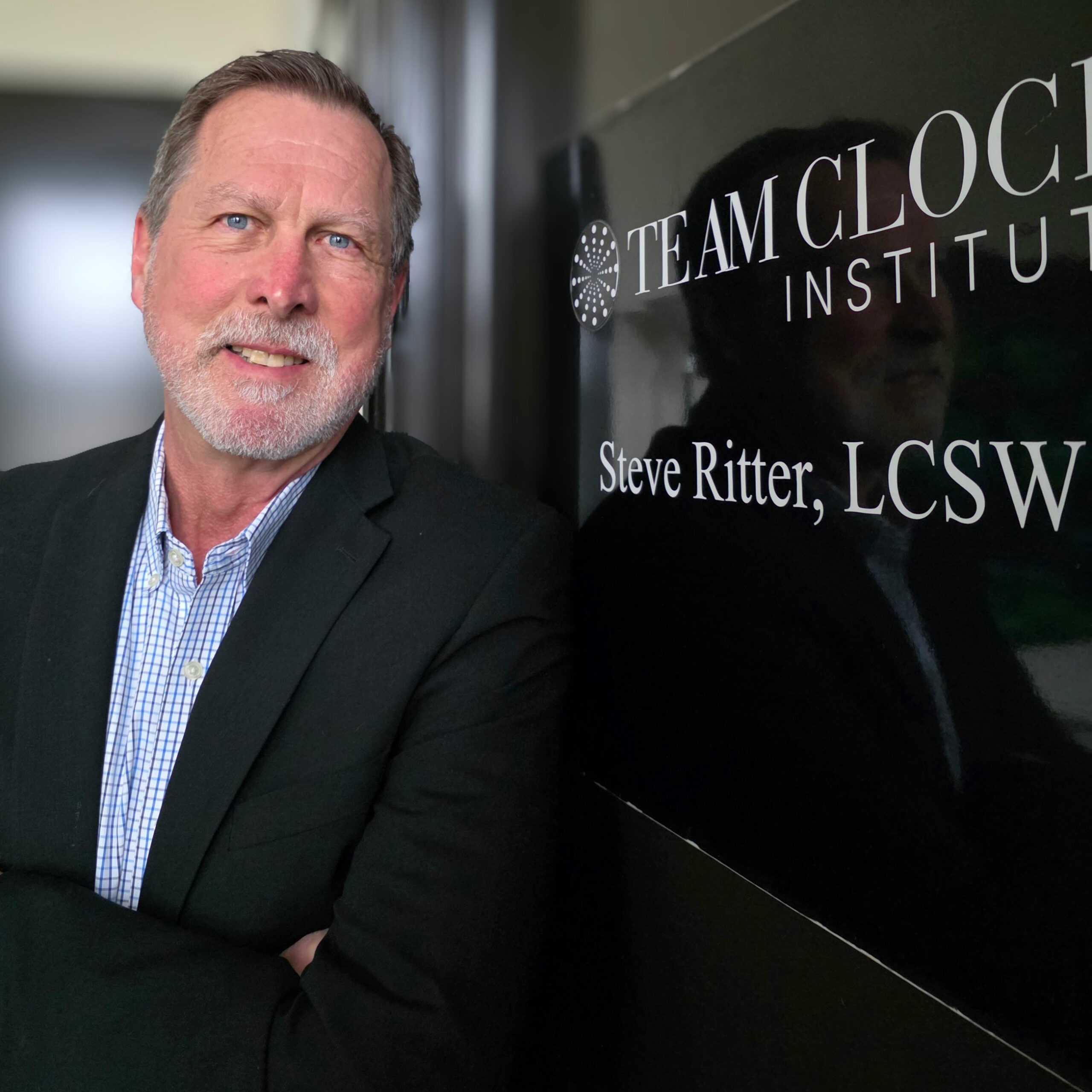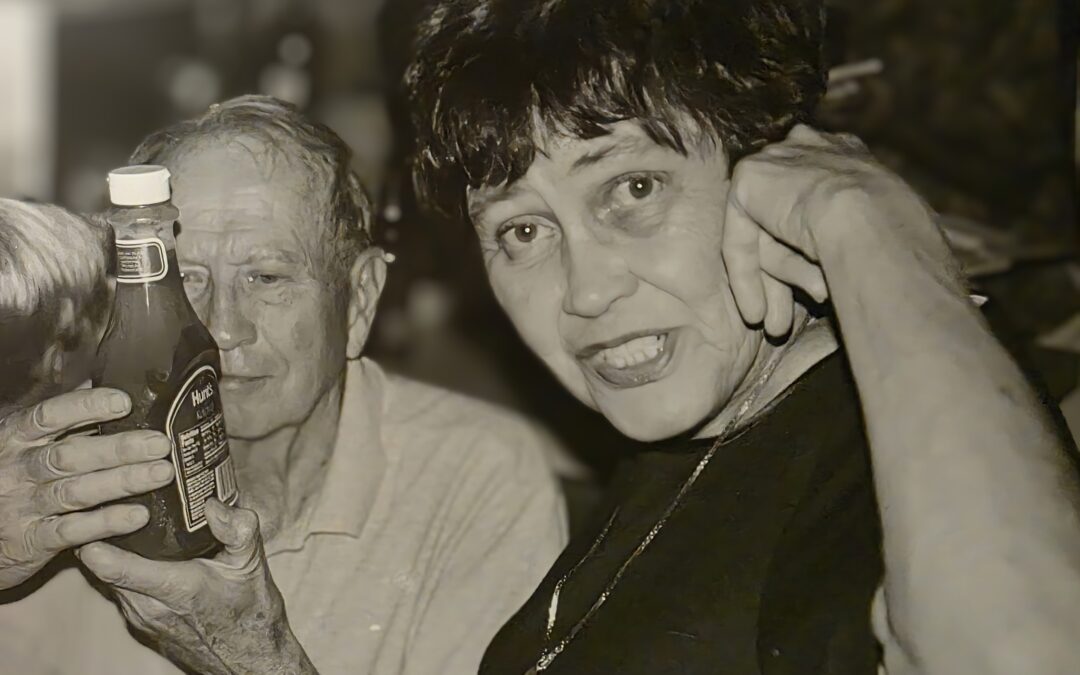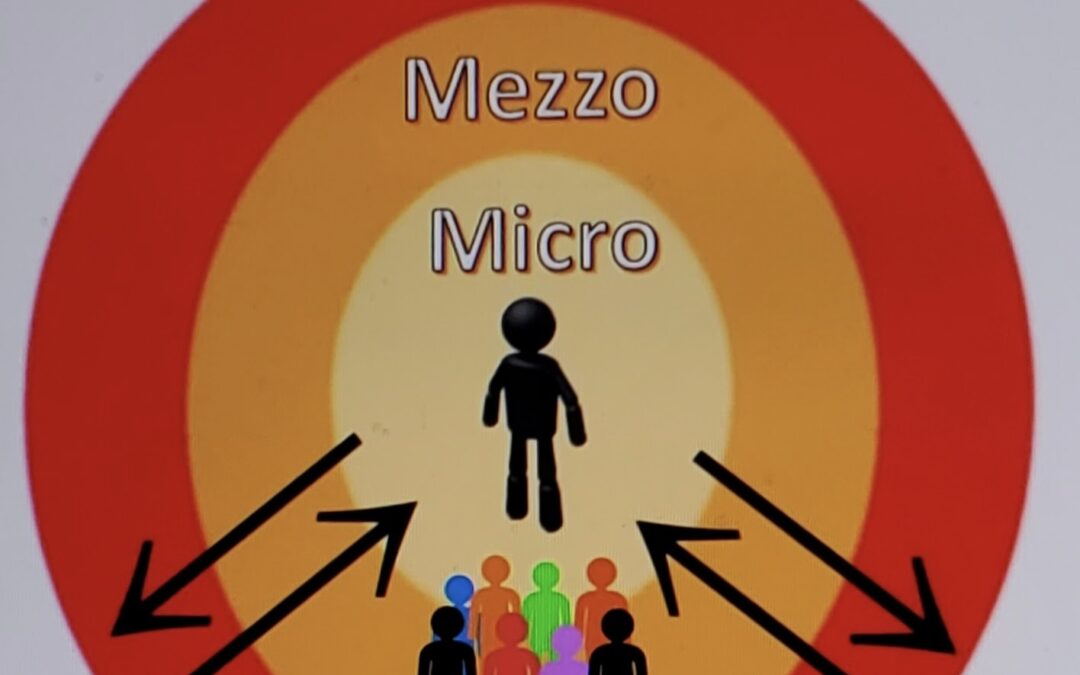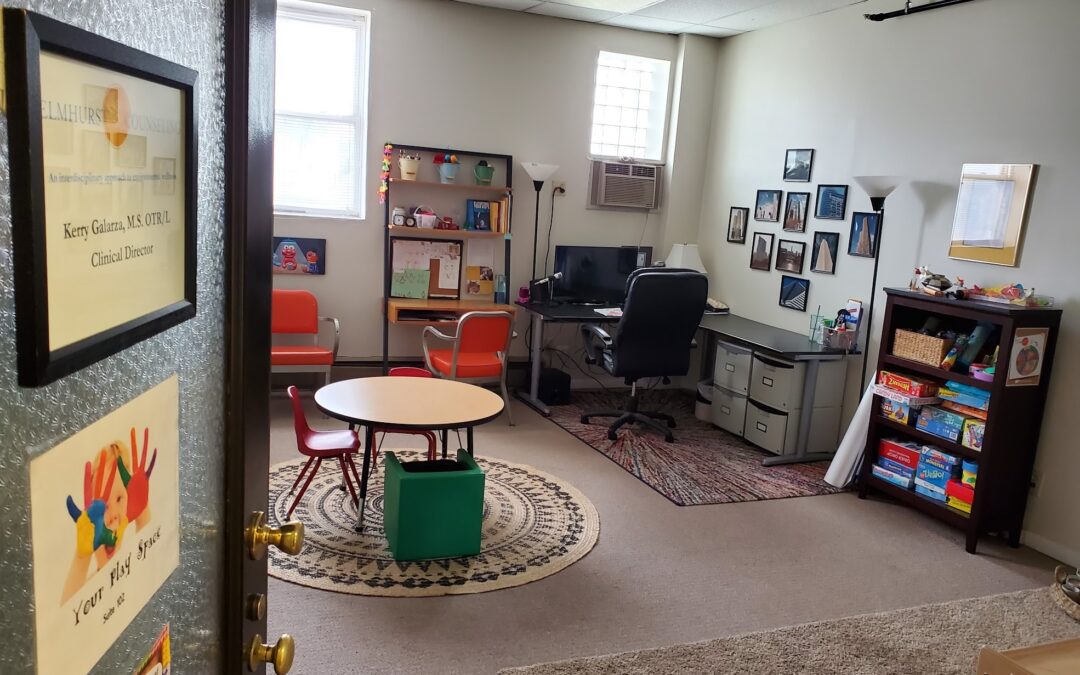
Calming Dysregulation
There are so many options when a child is upset. You can endure the power struggle and wait it out. You can set a firm limit and brace for the storm. You can give in to the tantrum and revisit the same issue later. You can seize the opportunity and teach coping skills.
Once a family struggle reaches our clinical office, most or all these options have been attempted. Parents typically wait until their tank is empty before investing in professional help. As it should be, we are a last resort.
Once the problem-solving challenge is in our hands, we try to put ourselves out of a job as soon as possible. The solution needs to work outside of the safety of the clinical setting. Once the family has the tools they need to navigate their circumstances more effectively, the therapist backs away.
The professional options are typically not discovered by trial-and-error. They are the tools learned in years of clinical training. Teaching heart rate variability, diaphragmatic breathing, and biofeedback techniques requires credentials and experience. What’s more, the technology employed to enable these interventions is not cheap.
Exhaust your common-sense solutions before you purchase a therapy engagement. But understand that reaching out to a professionally trained therapist is never a parenting failure – it is a path to the next level of resources. We are happy to transfer our knowledge to your family and then get out of the way when you’re ready to go it alone.

About the Author
Steve Ritter, LCSW is the Founder and Executive Director of Elmhurst Counseling. He has served as a teacher, author, consultant, human resources director, health care administrator, and licensed clinical social worker since 1977. A fellow of the American College of Healthcare Executives, Steve has provided coaching, therapy and team development services to thriving schools, businesses and organizations.






